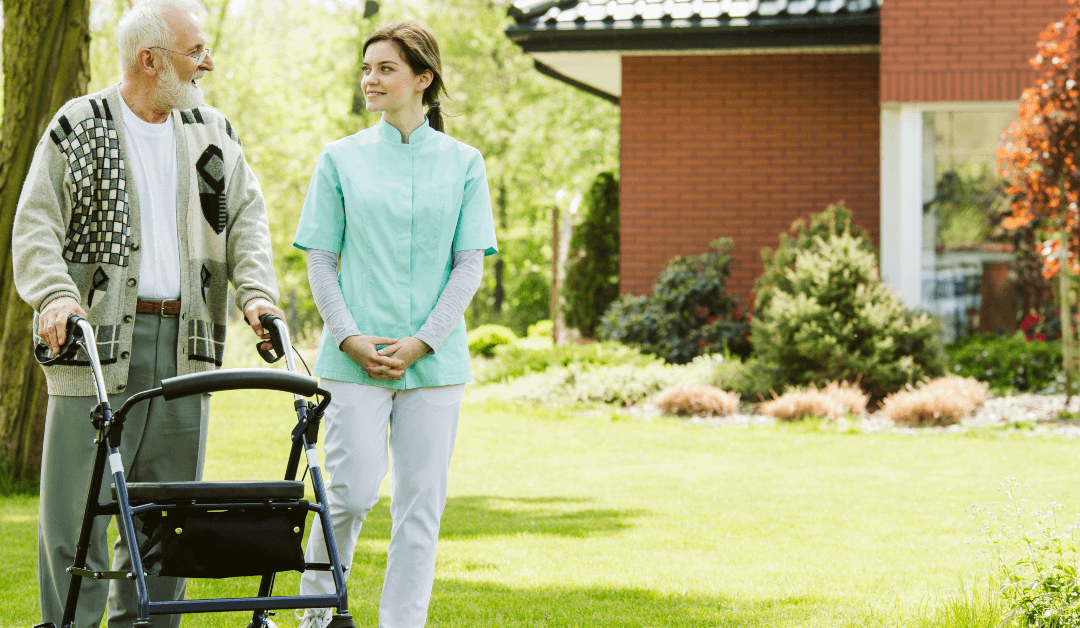Loneliness is a major concern for seniors and families of seniors whether they are living in their home or moving into a senior care facility. For seniors living in their own home, feelings of loneliness is often a result of changes in their lifestyle. For example, they may now be living alone or they may be dealing with a sickness or perhaps a new medical condition.
Moving into a senior care facility seems like the perfect solution to help combat loneliness, however, it is not uncommon for loneliness to be felt even more so, at least at first, when a life changing event occurs. Unfamiliar surroundings and unknown people often make seniors feel even lonelier. Elderly aging and loneliness seem to go hand in hand but there are ways to cope and ease the loneliness both at home and in an assisted living or nursing home facility.
Keepsakes and special items.
To help seniors cope with loneliness, find something for them to keep with or near them that is a reminder of earlier times of happiness. Something that lifts their spirits each time they look at it and hold it. It can be a picture or a special memento that has meaning and conjures a feeling of closeness.
You may also be thinking that just having other people their age around will automatically make any loneliness disappear but this is not usually the case. Being in an unfamiliar place with people who are new or strangers can make them feel even lonelier. It takes time to adjust, get familiar with the new surroundings and become acquainted with the people in their new community.
Replicate or recreate their former home.
Another tip that can help seniors adjust to their new surroundings, is to make their room or new home feel as much like their former home as possible. For example, have furniture from their previous home brought in to furnish their new living space. Familiar, loved items such as pictures of family, favorite knick-knacks, etc. will make it more comfortable for them and give them a place that feels like a safe haven.
Especially at first, visit frequently and spend time in the community areas with your loved one versus them spending a lot of time isolated in their room. Get to know others living there yourself so you also become part of their community. As you do, so will your senior family members. You will find that not only does your relative benefit but you also benefit. A smaller community setting makes this much easier as it can be more relaxed and easier to get the one-on-one care and attention that may be needed to help with the adjustment. The unfamiliar becomes familiar much faster as it is less likely to become overwhelming.
Active Listening.
Find out what will make your loved one feel less lonely. This is best done simply by asking questions, listening to them and paying attention to what they react to and how. Listening by itself is a major factor in easing loneliness. Nothing makes a person feel lonely more than the feeling that no one listens.
Sometimes, the loneliness doesn’t seem to lift much no matter what you try and do. When this happens, it may be more than just loneliness. Depression is not unusual and often is mistaken for loneliness. Talk to the staff about it as they can evaluate the situation and consult with a therapist to distinguish between just feeling lonely or having depression. Often, depression is situational and will pass but sometimes it goes beyond situational and needs treatment that may be long term.
Change is hard for our aging family members to cope with. Even when our elderly remain at home, aging brings changes in the way they live. Loneliness often comes with that change. We can find ways of helping seniors cope with loneliness and change and it starts with listening.
As always, if we can be of assistance in any way, please contact us at www.smallalfcoaliton.com/contact-us.

